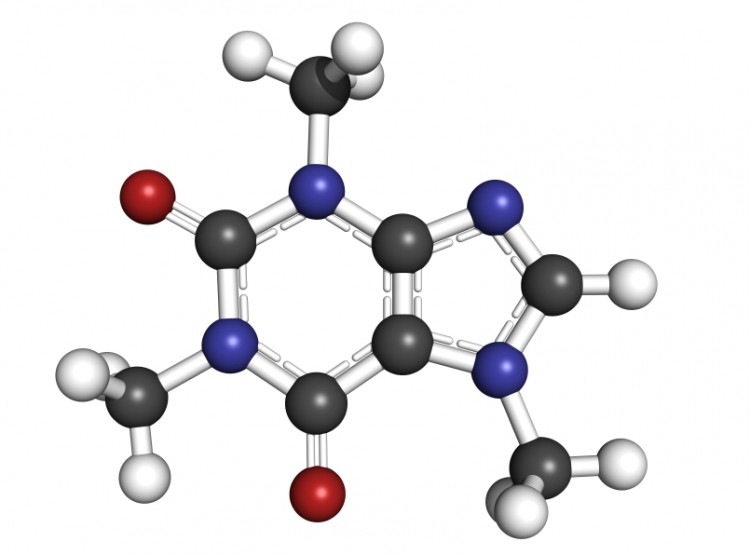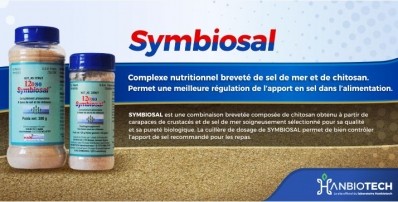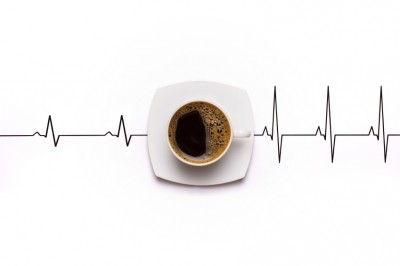Unilever receives EFSA backing over attention-enhancing black tea claims

The European Food and Safety Authority (EFSA) concluded that 2–3 black tea (Camellia sinensis (L.) Kuntz) servings providing at least 75 milligrams (mg) of caffeine should be consumed within 90 minutes to obtain the claimed effect.
The authority, which also established a cause and effect relationship between the consumption of black tea and improvement of attention, ruled this to be a beneficial physiological effect for the target adult population.
“The Panel considers that the following wording reflects the scientific evidence: ‘Owing to its caffeine content, black tea improves attention,’” they commented.
The mechanisms of caffeine’s action are a well-established process. The stimulant has a structure similar to adenosine, which is a central nervous system neuromodulator.
When adenosine binds to its receptors, neural activity slows down. Caffeine binds to the same receptors, preventing adenosine from binding and thus slowing neural activity.
Some of these receptors occur in the striatum, which explains the ability of caffeine to enhance motor activity, as well as general neural activity.
Caffeine also affects the dopaminergic system, which is involved in the control of attention.
A trio of human studies
Central to Unilever’s application are three human intervention studies, which provided support in showing an effect of black tea on attention under the conditions of use proposed by the food and beverage giants.
These conditions detail a cumulative amount of 1,040 mg of tea solids, delivering at least 90 mg of caffeine and 36 mg of l‐theanine consumed within a time period of up to 90 minutes.
“The Panel considers that, overall, the three human intervention studies provided by the applicant (two studies by De Bruin et al., 2011 in one publication; Giesbrecht et al., 2012, unpublished) show an effect of black tea on attention under the conditions of use proposed by the applicant.”
Application process
Unilever’s health claim application for ‘black tea’ and ‘improvement of attention’ follows instructions set out in Article 13(5) of Regulation (EC) No 1924/2006.
The regulation lays down provisions for the addition of claims (other than those referring to the reduction of disease risk and to children's development and health) which are based on newly developed scientific evidence.
Information received by EFSA revealed that Unilever’s application was received in July 2017 with a scientific evaluation procedure beginning in October of that year.
In November, the Working Group on Claims of the NDA Panel agreed on a list of questions for Unilever to provide additional information to accompany the application.
The scientific evaluation was suspended later that month, restarting in early December, in compliance with Article 18(3) of Regulation (EC) No 1924/2006.
During its meeting in April of this year, the NDA Panel, having evaluated the data, adopted an opinion on the scientific substantiation of a health claim related to black tea and improvement of attention.















